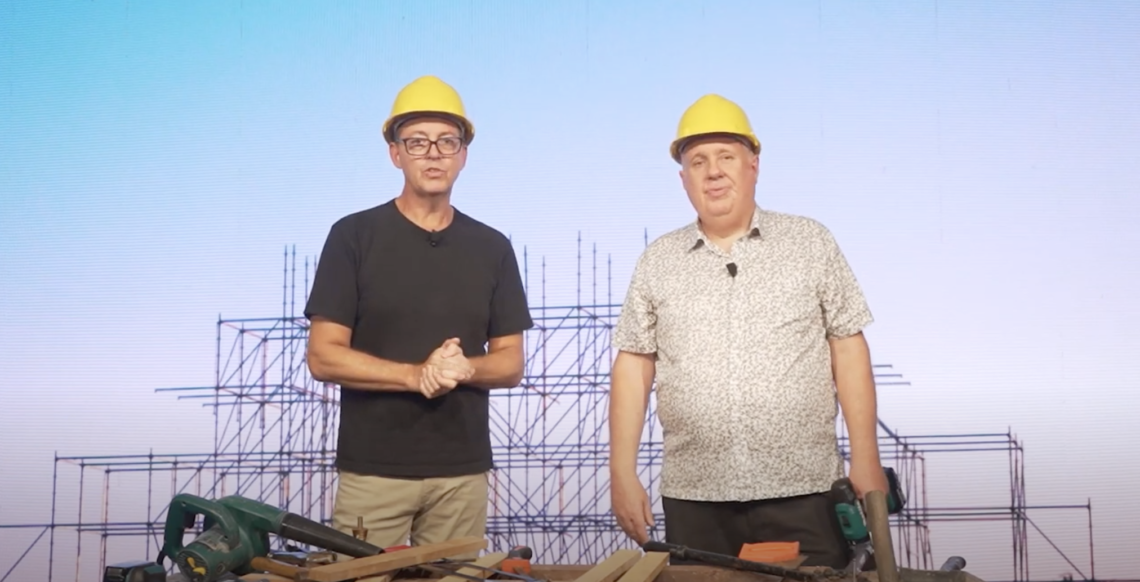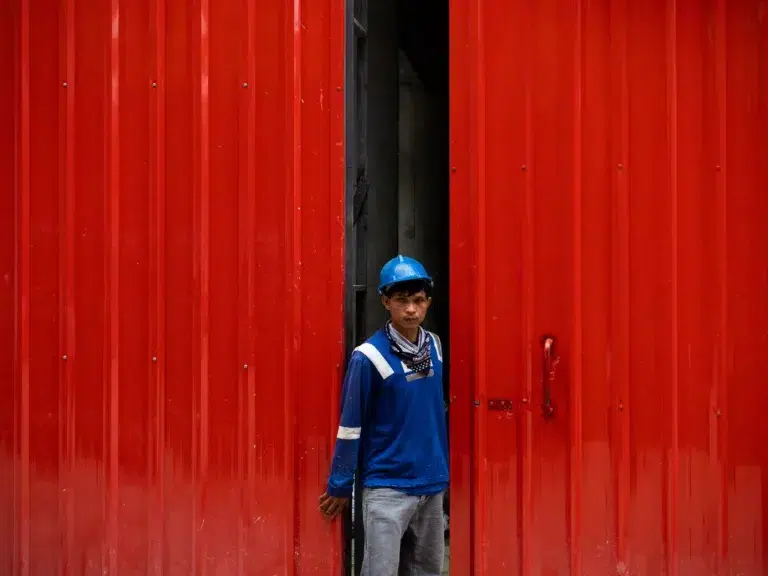Innovation and real estate, a harmony we’ve been missing
Experts in real estate gather to discuss how innovation can help the industry prepare for the post-pandemic world

Moderated by Jules Kay, managing director of PropertyGuru Asia Property Awards & Events, and Bill Barnett, managing director at C9 Hotelworks and jury chairperson of the PropertyGuru Asia Property Awards (Greater Niseko), the final webinar of the PropertyGuru Asia Real Estate Summit gathered the finest minds in the industry to discuss innovation and real estate, as well as future trends the industry will encounter in the post-pandemic world.
Kicking off the webinar was Robert Day, regional managing director Asia Pacific + China at WATG, who spoke on how the pandemic might affect our buildings, and its impact on the setting and community aspect. As the work-from-home trend escalates, it is without a doubt that resorts, offices, and other types of real estate will have to adapt to accommodate new demands and lifestyles. For instance, resorts will have to change amenities, provide better WIFI, establish workspaces, and create an environment that feels like home. More importantly, one of the long-term impacts of COVID-19 is mental health. Hence, developers will need to explore the connection between health and nature, and how to incorporate a proper ecosystem into real estate to improve people’s wellbeing.
Stephan Brutti, creative director at Social F&B by Design, provided insights into the food & beverage industry. The industry continues to be a central part in people’s everyday life amid the pandemic, but one of the trends that is emerging is the move of stronger F&B players to areas with ‘more space’. With more people moving away from the CBD, operators are going after them to be alongside customers. However, players in the industry believe that crowds will return to the city once we reach the end of the pandemic, making social F&B mixes for mixed developments important. Therefore, developers will need to make deals with F&B operators and figure out ways to make their establishments attractive for such businesses.
On the other hand, what do you think about living in a home that is sustainable and provides the ultimate service of a hotel? Luca Dotti, founder and managing director at HOMA, discussed co-living as a real estate asset class. HOMA operates based on four pillars: affordability, community, sustainability, and technology. This unique combination helps differentiate the company, including attracting longer and shorter rentals of all kinds. Additionally, by only offering tenants the option to rent, this is a recurring-income business model that creates stable and predictable cash flows for the firm. All in all, Dotti said HOMA’s game plan is to “create a network of residential projects that will redefine the rental experience and make sure that anybody can afford a place that feels like home.”
Patrick Keane, director at Enter Projects, talked about wellness and spa spaces, and how they help with healing and rejuvenation. Construction materials like bricks may seem ancient, but Enter Projects is redefining this perception by blending 3D technology with ancient arts and crafts. Materials can be old-aged, but it is time for designers to rethink their structure and embrace new technologies. It is now possible to print buildings, such as coral structures that have been printed to help bring back marine wildlife. It is now the time to take the classic materials that we have seen and used for thousands of years and reinterpret them for new uses and applications, which most importantly, is more environmentally friendly.
Director of Residential Sales at Minor Hotel Group James Knowles brought us the ultimate luxury vacation experience at Avadina Hills by Anantara. This luxury residence situated in Phuket features Japanese-inspired minimalistic design and views over the Andaman Sea. On top of the opulent villas decorated with impressive designs and high-quality features, the development offers excellent facilities and a 600 metre long health and wellbeing zone for clients. Customers are reassured that their villas will always be looked after and maintained to perfection with the utmost service applied from their renowned hotel management. Moreover, villas come with raw concrete open spaces that owners can personalise to their own taste and custom-build their own touch into the villa, which to Minor Hotel Group, is luxury.
As consumers become more environmentally conscious, players in real estate must not forget the importance of ESG (environmental, social, governance). Matthew Carlisle, associate director at XCO2, explained that ESG is a set of criteria that socially conscious investors, government, or regulators can use to assess the sustainability performance of a company, fund, trust, or portfolio. ESG investment has become an undeniable trend, with almost USD1 trillion invested in ESG, so it is evidently no longer niche. With more than 40 percent of global emissions coming from the construction sector, ESG is considered a golden opportunity for real estate investors. There are various commercial benefits, including higher tenancy rates, lower operational costs, increased resilience of assets, and access to green funding.
Lastly, Scott Dyde, director at SALA Design Group, shared five current trends in residential landscape – green walls, sky gardens, hydrotherapy pools, outdoor cooking amenities, and customised adventure playground. Green walls are trending not only because of their aesthetics, but it helps maximise greenery and nature within the development to create a landscape that provides a sense of escape from the hustle and bustle of the city. Sky gardens offer stunning views and give residents an outdoor space to feel the breeze and socialize with neighbours, building stronger communities in the residential projects. Additionally, outdoor hydrotherapy pools have become increasingly popular, particularly to the health- and wellbeing-conscious folk, with developments extending onto yoga lawns and meditation decks to capitalise on the outward trend. As the pandemic induces people’s cravings to gather with family and friends, outdoor cooking amenities that are designed luxuriously are an emerging trend. Finally, customised adventure playgrounds are an incredible selling point in residential products geared towards young families. Not only are they stunning children-friendly fixtures, but also an iconic sculpture element within the residential landscape.
PropertyGuru Asia Real Estate Summit launched its webinar series last year, dubbed the “Asia real estate reboot,” which was in preparation for its first virtual summit in December 2020. The new PropertyGuru Asia Real Estate Summit: Virtual Edition opens on 8 December 2021.
Watch the full webinar here:
Recommended
ARES Whitepaper Volume 4: Powering communities – The catalysts of urban evolution
Fresh perspectives on sustainability, lifestyle, and design shaping the future of real estate
ARES White Paper Volume 3: The era of adaptive reinvention
Pioneering sustainable and innovative practices in urban development
ARES White Paper Volume 2: Unravelling the power of data revolution in real estate
Insights on proptech, smart cities, and sustainable development
ARES Digital White Paper Volume 1: The fundamentals of responsible building
Green and climate heroes join forces to discuss how Asia Pacific can weather the current environmental crises and the looming effects of climate change







